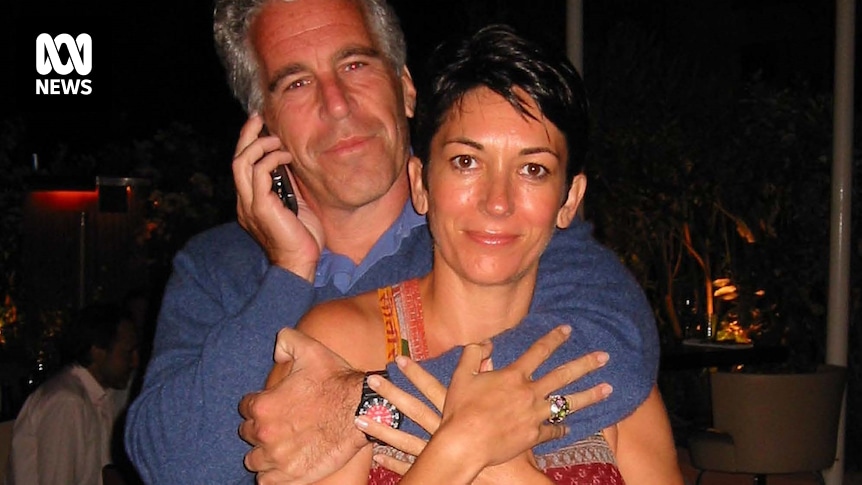
Cancer research is a rapidly evolving field, with scientists continuously exploring new avenues to enhance treatment efficacy and improve the quality of life for patients. Among these, nutrition and exercise have emerged as pivotal elements that can significantly influence long-term cancer survival and mitigate treatment complications. Despite the challenges posed by cancer therapies, recent findings underscore the importance of maintaining a balanced diet and regular physical activity.
However, the path to achieving these goals is fraught with obstacles. Cancer treatments often induce side effects such as nausea, fatigue, and altered taste, making it difficult for patients to adhere to a healthy lifestyle. Yet, adapting to these challenges is crucial for maximizing the effectiveness of cancer therapies.
The Role of Exercise in Cancer Recurrence Prevention
Over the years, numerous studies have investigated the link between regular exercise and cancer outcomes. Historically, most of these studies were observational, highlighting a correlation between physical activity and improved outcomes without establishing causation. However, a groundbreaking study in the summer of 2025 provided compelling evidence of exercise’s impact on cancer recurrence.
An international research team tracked nearly 900 individuals who had previously been treated for colon cancer. Participants were divided into two groups: one received educational materials on exercise, while the other engaged in a structured exercise program. After five years, 80% of those in the exercise program remained in remission, compared to 73% in the educational group.
Although the study focused on colon cancer survivors, experts at the Mayo Clinic suggest that these findings may be applicable to individuals undergoing treatment for other cancers, including bladder cancer. The type of exercise, whether walking or another form, appears less critical than the act of staying active itself.
Nutrition’s Role in Managing Cancer Therapy Side Effects
For patients with metastatic bladder cancer, systemic therapies such as chemotherapy, immunotherapy, and targeted treatments like antibody-drug conjugates (ADCs) are common. While definitive research linking nutrition to improved outcomes is still emerging, a balanced diet can enhance treatment tolerability and reduce side effects.
Malnutrition poses a significant risk, potentially leading to cancer cachexia—a condition characterized by muscle loss, weakness, and fatigue. Although a specific diet for bladder cancer patients hasn’t been established, general guidelines can help manage nutrition during treatment:
- Prioritize lean protein: Incorporate sources like chicken, fish, eggs, dairy, and plant-based proteins. Research indicates that a typical Western diet, rich in fried and processed foods, may contribute to cancer recurrence.
- Emphasize minimally processed foods: Consume fresh fruits, vegetables, nuts, seeds, beans, legumes, herbs, spices, and whole grains.
- Limit alcohol and highly processed foods: These include many baked goods, snack foods, and fast foods.
During active treatment, increasing protein and calorie intake is vital for maintaining strength and managing medication side effects.
Pre-Surgical Nutritional Health and Its Impact
While systemic treatments are the primary approach for metastatic bladder cancer, surgery may be an option in certain cases. Procedures like partial or radical cystectomy can be effective but carry a high risk of complications. Approximately 50% of patients undergoing radical cystectomy experience complications within 90 days post-surgery.
Research highlights the critical role of overall nutritional health in influencing surgical outcomes, including complication rates, wound healing, and infection resistance. Patients with nutritional concerns may be referred to an oncology dietician, a specialist trained to address the dietary needs of cancer patients.
Addressing Common Side Effects of Bladder Cancer Treatment
Bladder cancer treatments often lead to side effects that complicate nutritional maintenance. Here are strategies to tackle some of the most common issues:
Dysgeusia — Change in Taste
Dysgeusia, a frequent chemotherapy side effect, distorts taste perception, making foods taste metallic, sour, bitter, or sweet. This can diminish appetite and increase malnutrition risk. To manage dysgeusia:
- Inform your care team about symptoms for tailored recommendations.
- Consult a dentist to rule out other causes.
- Avoid metal-contact foods; use plastic cutlery.
- Opt for cold or room-temperature foods with less odor.
- Experiment with cooking techniques and spices for flavor enhancement.
Loss of Appetite
When appetite wanes, it’s crucial to consume adequate calories, protein, and fluids. Strategies include:
- Eating small, frequent meals.
- Scheduling meals if hunger cues are absent.
- Eating during times of optimal appetite, often in the morning.
- Limiting fluids during meals to focus on calorie-dense foods.
- Avoiding nausea-inducing smells and consulting your care team for anti-nausea medications.
Diarrhea and Constipation
Both conditions require dietary adjustments. For diarrhea, choose low-fiber foods like white bread, and avoid fibrous vegetables. For constipation, increase fiber intake. Staying hydrated with at least eight glasses of water daily is essential for both conditions.
As cancer treatment strategies evolve, the integration of nutrition and exercise into care plans becomes increasingly important. These lifestyle factors not only support treatment efficacy but also enhance overall well-being, offering hope and improved quality of life for those battling metastatic bladder cancer.






